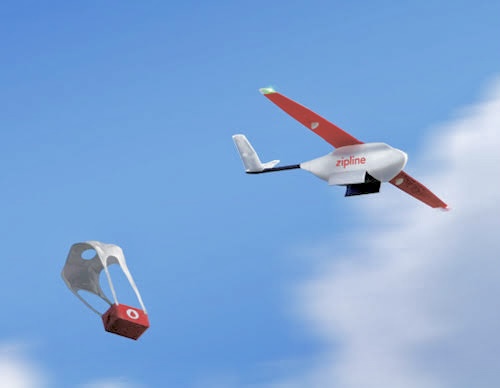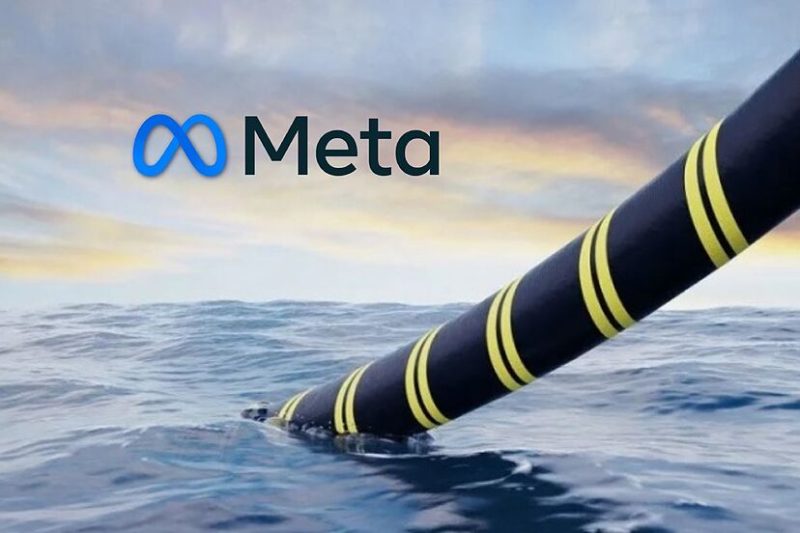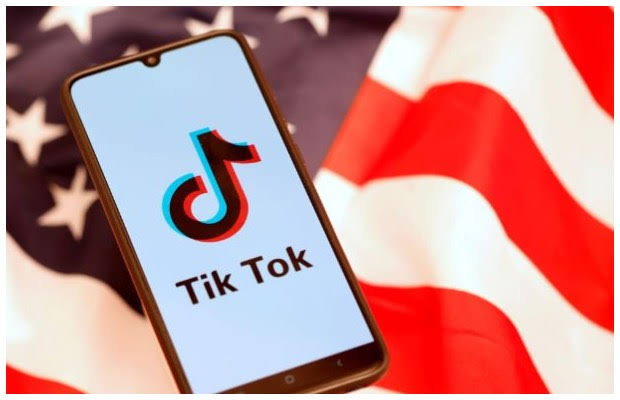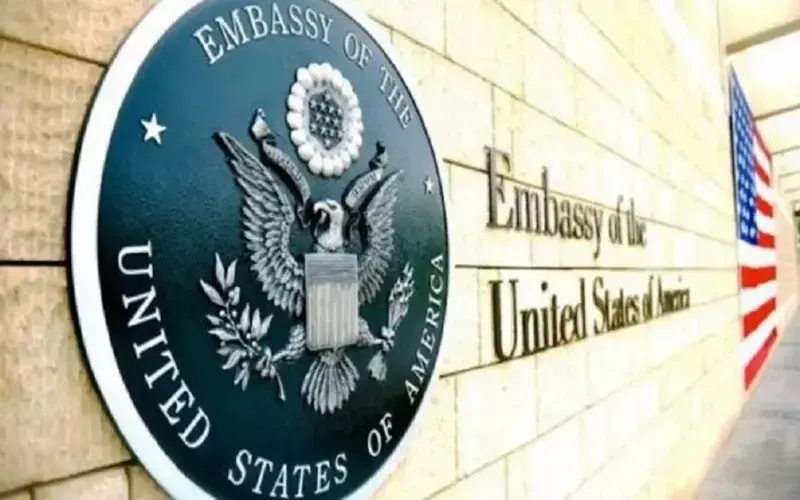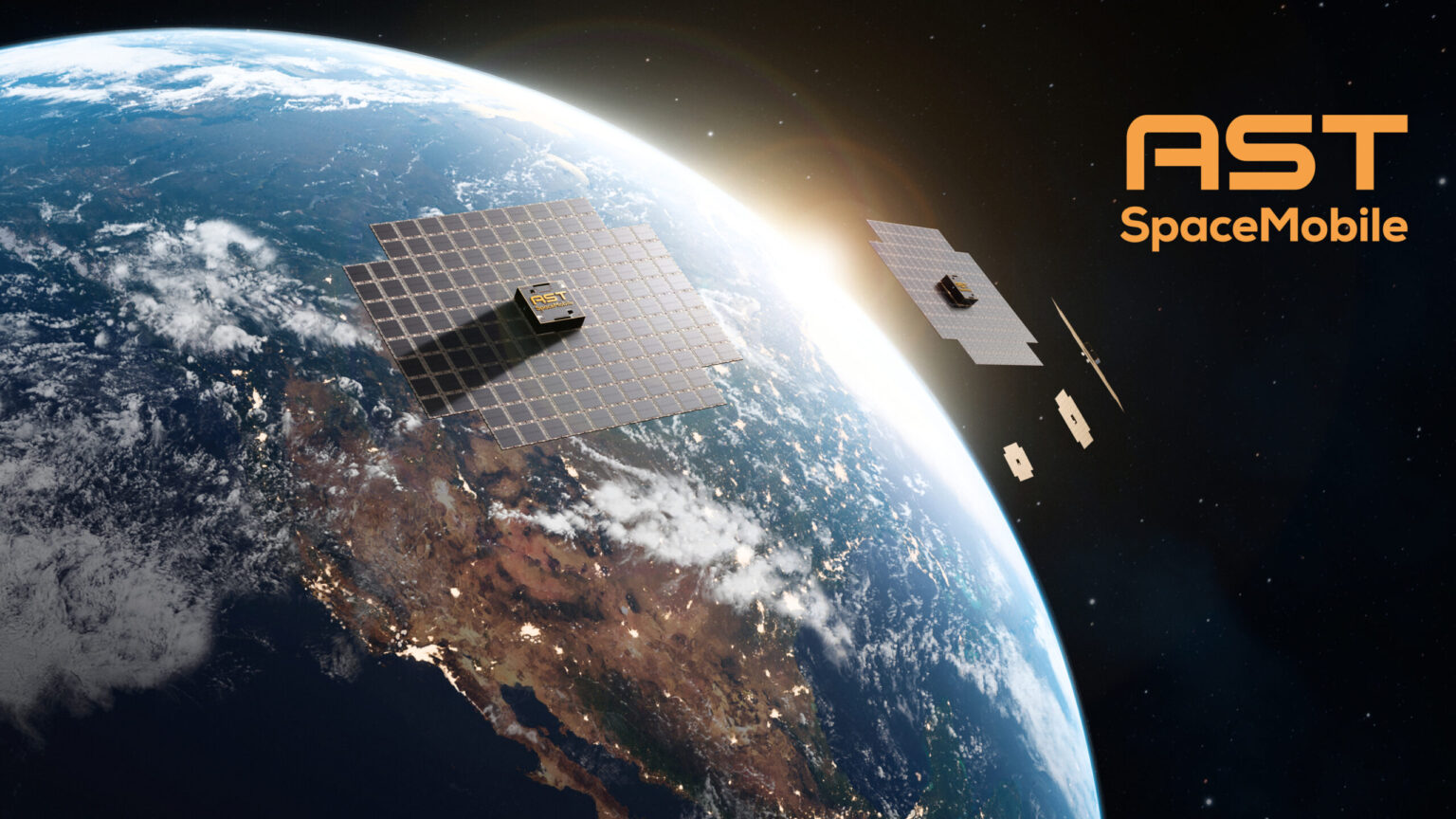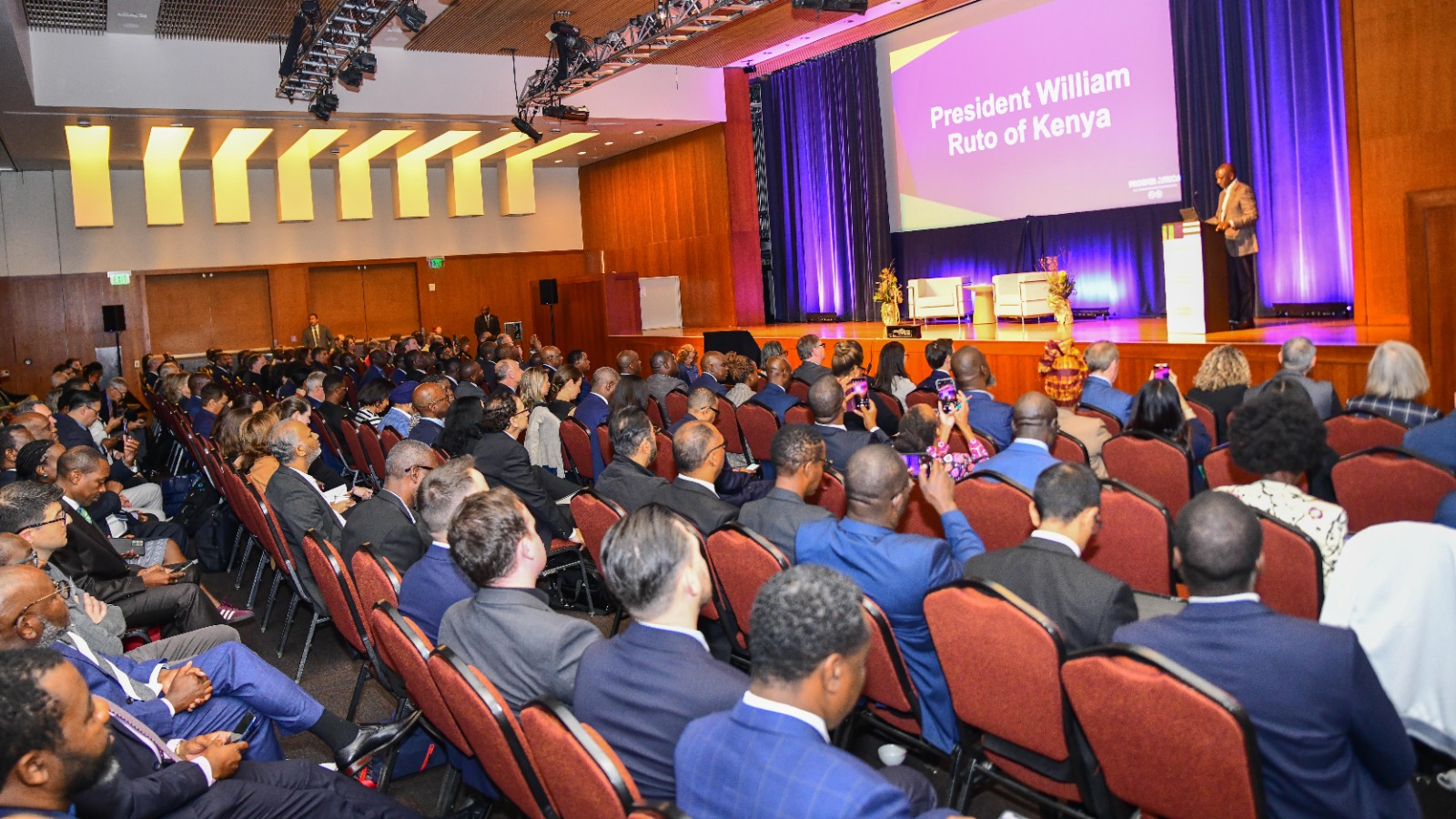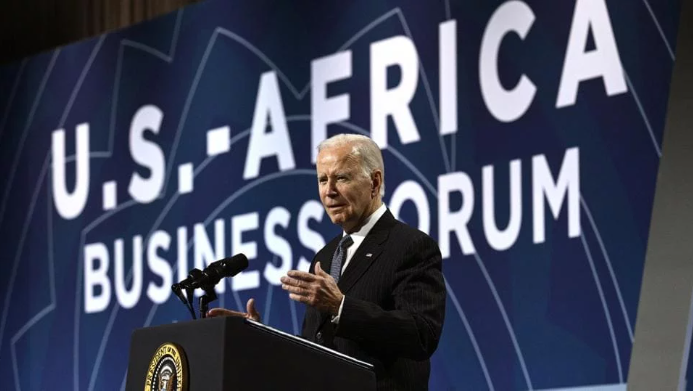On Friday, the U.S. Securities and Exchange Commission (SEC), a key financial watchdog, took a significant step toward reshaping cryptocurrency regulation with its first public roundtable, organised by the newly constituted Crypto Task Force.
The meeting, themed “Spring Sprint Toward Crypto Clarity,” brought together industry leaders, legal experts, and former SEC officials to debate existing securities laws and how they apply to digital assets.
Read also: Trump pledges to make U.S. the world’s crypto capital
A new beginning for crypto regulation
Republican SEC Commissioner Hester Peirce, who chairs the task force, emphasised the importance of reviewing their approach.
“Spring signifies new beginnings, and we have a new beginning here—a restart of the commission’s approach to crypto regulation,” Ms Peirce said on Friday.
Meanwhile, the crypto task force aims to develop clear rules and guidance for the industry, which has long clashed with regulators over whether digital assets should be classified as securities or commodities.
The roundtable addressed key issues, including whether crypto tokens require a separate regulatory framework distinct from traditional securities.
Miles Jennings, general counsel for Andreessen Horowitz’s crypto arm, urged the SEC to adopt a “technology-neutral” approach, noting the differences between decentralised systems like Ethereum and traditional equity ownership in companies like Apple.
As it is clear, creating rules for thousands of diverse digital assets presents significant challenges. Jennings pointed out the stark contrast between Bitcoin, a decentralised asset, and FTX’s FTT token, which collapsed alongside the failed exchange. “These two assets are not the same at all,” he said.
Moving forward with the meeting, the central debates later revolved around the commodity-security divide, a longstanding point of contention in the crypto industry.
Collins Belton, managing partner at Brookwood P.C., noted that even if all digital assets were considered securities, numerous downstream questions would remain.
Lee Reiners of Duke University, a crypto skeptic, agreed that disclosure guidelines for crypto assets should differ from those for traditional stocks. “The information an investor in a crypto asset would want is fundamentally different than what an investor in Apple stock would want,” Reiners said.
Read also: Dubai to tokenise real estate, projecting $16 billion market by 2033
A lengthy road ahead for the Crypto Task Force
With this ongoing debate, the task force’s work is just beginning, and the road to regulatory clarity will likely be long. Once a proposal is floated, the public can comment, and Congress may also weigh in.
As the SEC aligns with President Trump’s pro-crypto stance, including plans for a strategic cryptocurrency reserve, the industry is hopeful for lighter, more tailored regulations that could unlock institutional investment and drive broader adoption.
In Peirce’s words, this roundtable represents a “new beginning” for crypto regulation—one that could shape the future of digital assets in the U.S.

